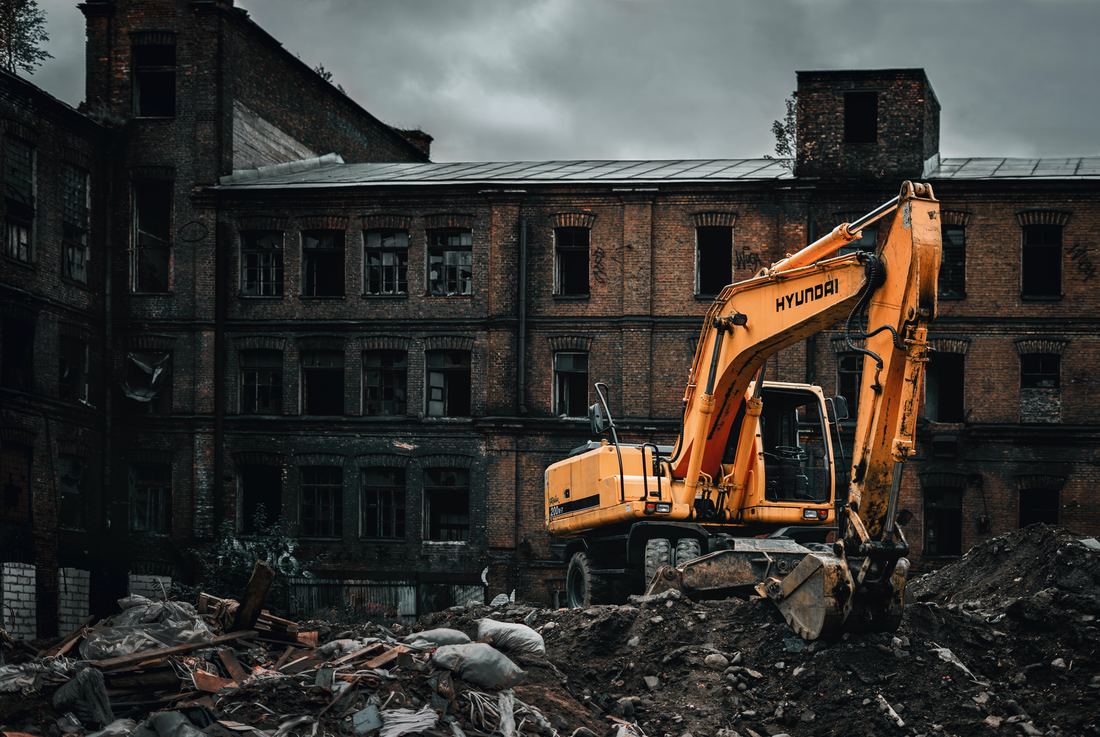
Getting married or divorced are big changes in your life. But did you know that both can also affect your Will?
Marriage
Under s18 Wills Act 1837, any marriage after the date on which a Will is made would act to revoke that Will, unless the documents is expressly stated to be made in contemplation of marriage. If no new Will is made then the estate would pass under the intestacy rules (i.e. as if you had not made a Will).
Some would think that there must be an element of common sense to this, whereby the Will is not revoked if it was clear that this was not your intention. However, the current High Court battle involving the estate of Evi Kalodiki shows that this is not the case: Ms Kalodiki made a Will on the Thursday (not stated to be in contemplation of marriage), married on the Friday and died on the Monday. The law deems her to have died intestate and the beneficiary of her Will (her sister in this case) now has to try and convince the courts to rectify the Will. This is an expensive and stressful court procedure with no guarantee of success.
Divorce
Whereas marriage revokes a will, divorce simply removes any legacy to a former spouse, leaving the remainder of the Will valid. It also removes them as your executor, if they were appointed, and treats a former spouse as if they had died before you.
In many cases this would reflect the testator’s wishes, as more often that not people do not want their former spouse to benefit from their estate. However it can be problematic if the Will makes no other provisions (in which case the intestacy rules apply) or the Will then leaves assets to minor children or vulnerable beneficiaries, for example, which may not be appropriate.
The law generally presumes that big changes in your life should also change your Will. It is important therefore to check your Will on any major life event to ensure that it still adheres to your wishes and remains valid.
If you would like help in reviewing or updating your Will then please contact Ashley Minott by email or on 01494 893518.